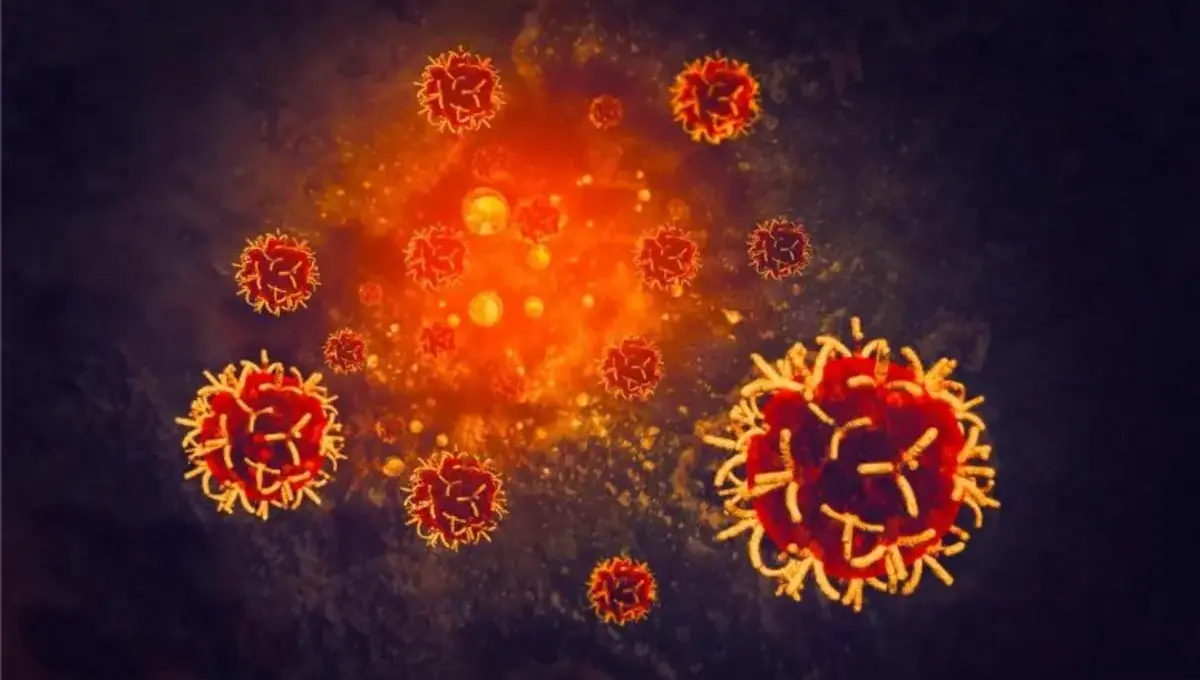French scientists have created a substance that gives various effects to the tumor. It is based on short double-stranded RNA, which triggers inflammation, immune response and death of cancer cells through apoptosis. Additionally, the drug stops the cell cycle in the neoplasm, and the antibody contained in the composition binds to the oncogenic signal – this potentially allows intravenous administration of the substance.
There are many types of cancer treatments, from surgery and chemotherapy to the use of viruses and drugs that disrupt the growth of malignant neoplasms. All methods have advantages and disadvantages – many oncologists are working on their elimination. One area under development is immunotherapy, in which doctors artificially stimulate a person’s immunity to fight cancer.
The working principle of the method is that a molecular drug based on short double-stranded RNA (dsRNA) triggers local inflammation around the tumor by activating the immune response receptor RIG-I. After this, immune cells (T cells) produce inflammatory cytokines, which are signaling molecules. There are several experimental drugs that work on this principle, but their main problem is the intratumoral method of administration – it is not the most effective (in some cases the tumor is located in such a way that it is very difficult or impossible to treat). inject the drug regularly) because it may cause difficulties in clinical trials.
French biochemists have developed a new drug that combines activation of the RIG-I receptor and shutting down the PLK1 protein that protects chromosomes from division—Naked Science previously wrote about its discovery. According to the authors, the drug itself can be administered intravenously. The scientific study was published in the journal iScience.
The innovative tool is a conjugated-antibody-dsRNA construct; this was named siPLK1-5′-ppp RNA. To deliver it to the neoplasm, the scientists chose an antibody that binds to the EphA2 receptor, which can both promote and inhibit the growth of cancer tumors in various situations. Accumulation of EphA2 is an oncogenic signal, and proteins that respond to this receptor have attracted the attention of researchers as an attractive drug delivery vehicle.
Activation of another RIG-I receptor triggers the process of apoptosis, that is, programmed cell death, in cancer cells. Compared to necrosis, another death scenario, apoptosis is much safer because it does not cause serious damage to cells but causes additional inflammation in the body.
According to the researchers, the synergistic effect of the substance, together with the inactivation of PLK1, that is, stopping the further division of cancer cells and completing DNA replication, can cause a strong immune response and tumor disruption. Biochemistry also involves the intravenous use of a new substance; An antibody that responds to the EphA2 receptor could target the delivery of drugs to the tumor without targeted injections.













